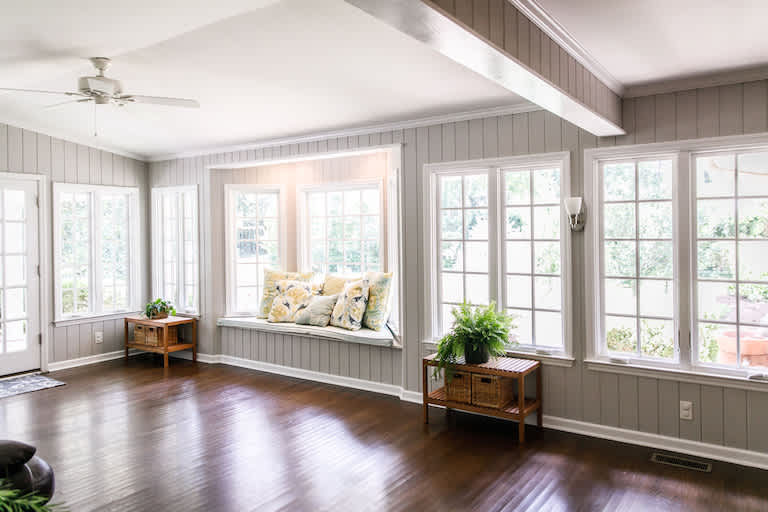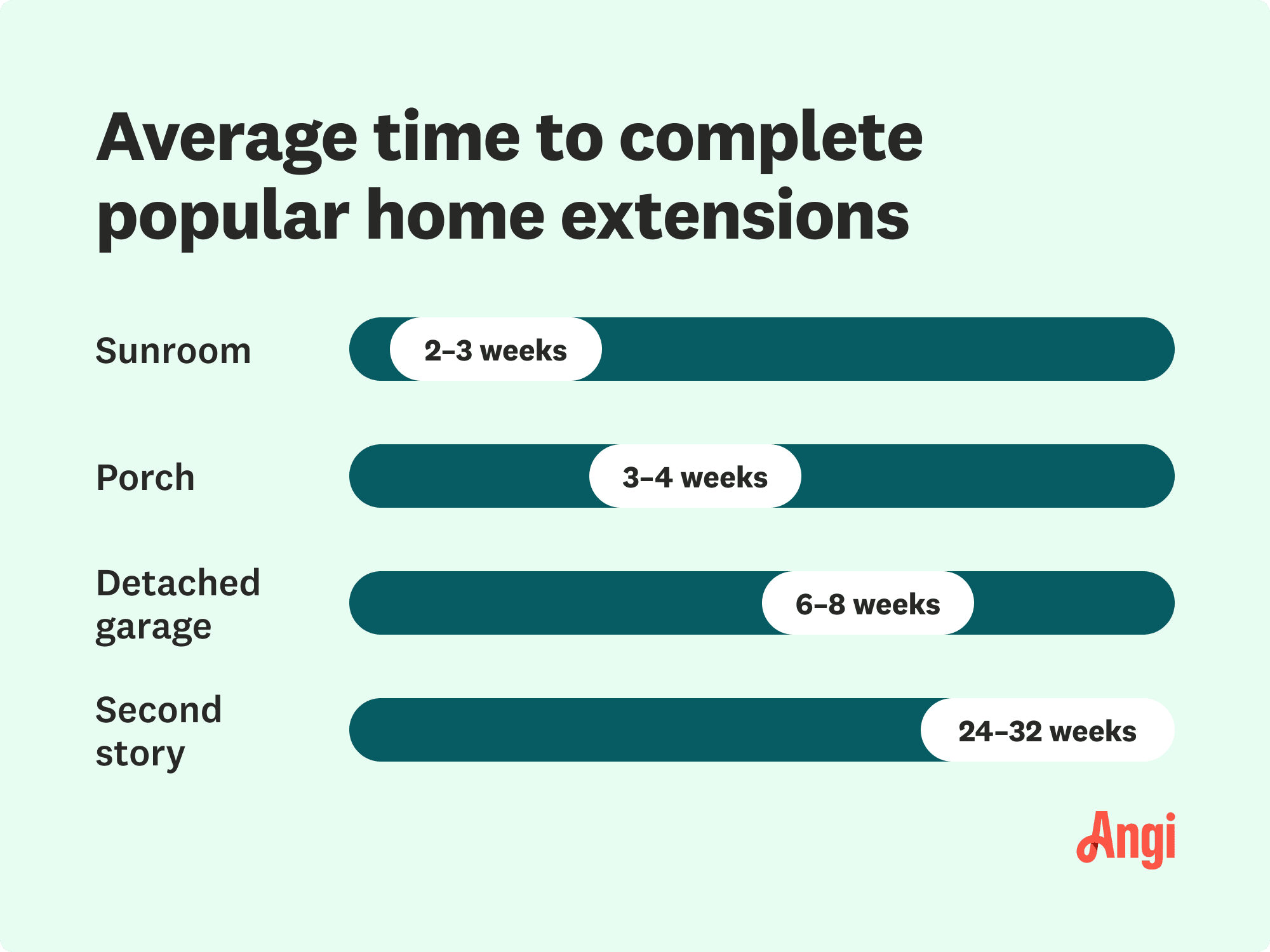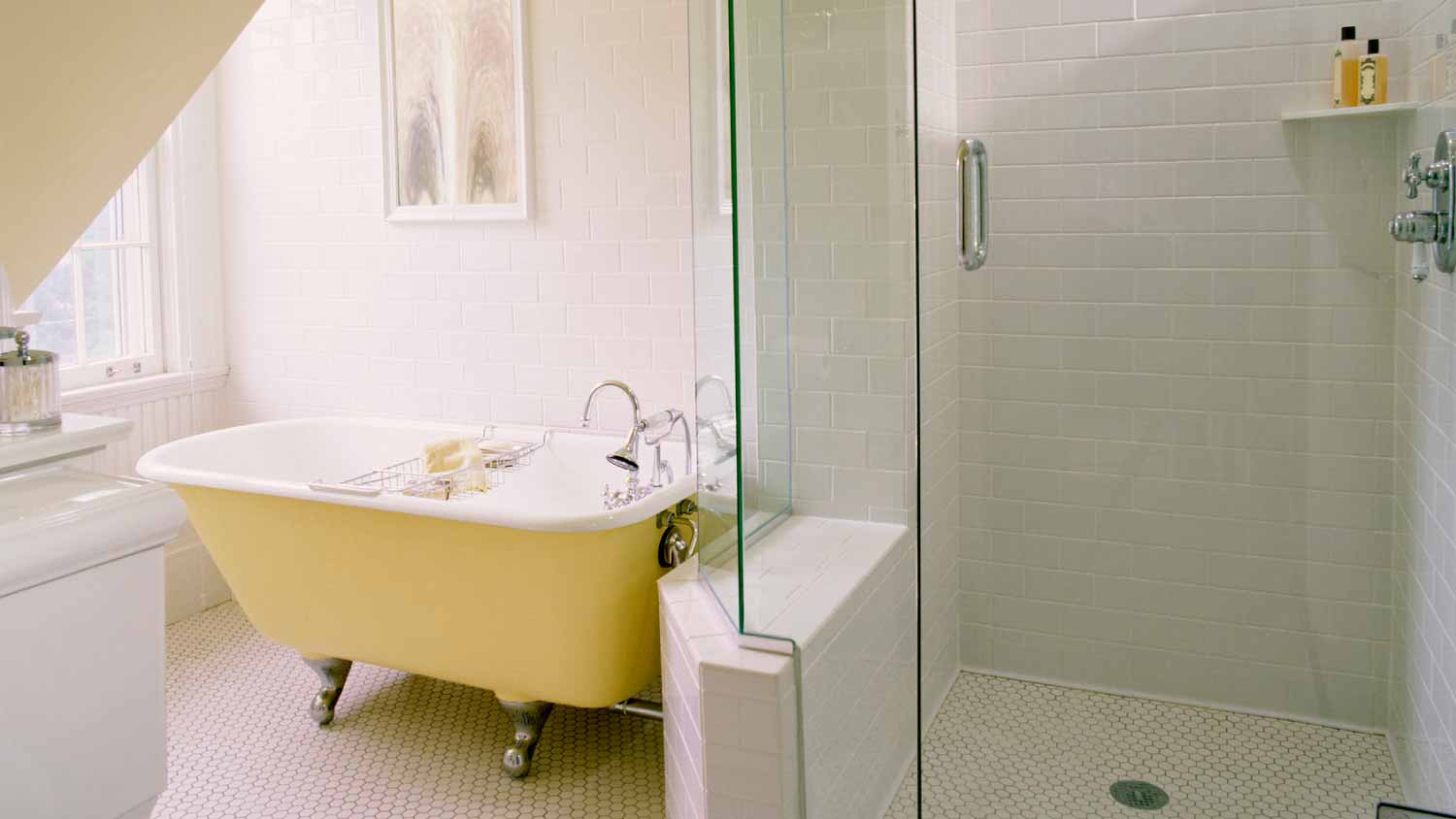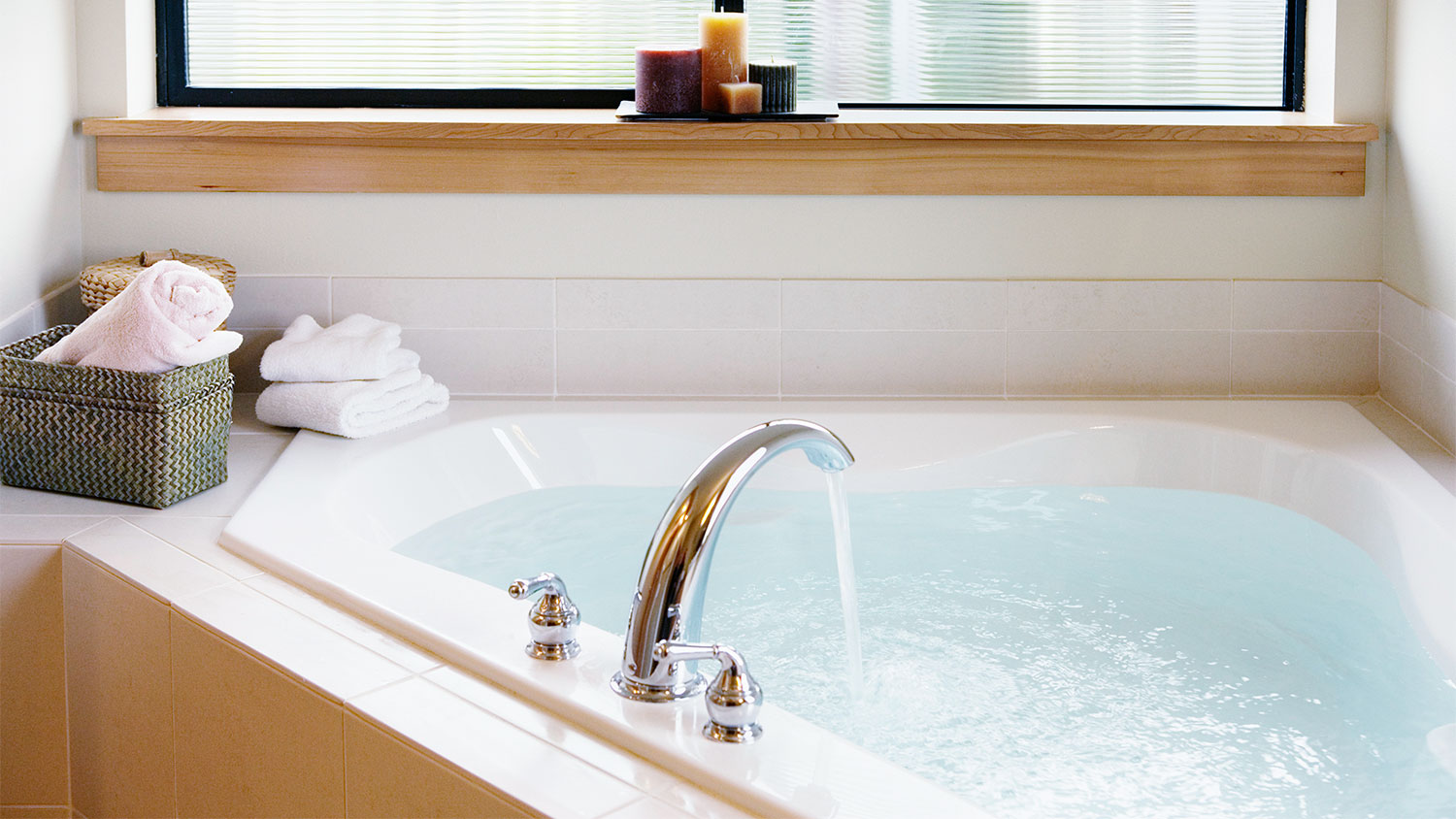
Finishing an attic can make a great addition to your home. This guide breaks down the cost to finish an attic, including labor, materials, and more.
A home addition costs an average of $68,881 in Boston, Massachusetts. Depending on the location, size, type, and materials, most homeowners spend between $27,348 and $112,671.


The type of home addition you’re building and the square footage you want to add with it are the most significant cost factors to consider.
The average property size in Boston is just 0.022 acres, so most homeowners don’t have much room to build out and instead spend more to build up.
The cost of living in Boston is 53% higher than the national average, which leads to above-average labor costs when building home additions.
Choosing high-quality exterior materials will drive up your upfront cost but will stand up better to the above-average rainfall and snowfall in Boston.
Home addition costs in Boston average $68,881, and most residents pay between $27,348 and $112,671. Your total will depend mostly on the type of home addition and the size of the add-on, but your material choices, permit fees, and site preparation needs will all play roles in your costs, too.
Building a home addition in Boston, Massachusetts, can cost as little as $6,000, but some residents pay as much as $240,000. To get a more accurate estimate, you’ll need to think about all of the following factors, which can bring your total above or below the local average.
Home additions cost between $80 and $300 per square foot if you’re building out and between $400 and $700 per square foot if you’re building up. The cost to add a room that’s 10x10 to a home in Boston costs an average of about $18,000 if you build out and around $55,000 if you build up.
Remember that if you add square footage to your home, the cost of your homeowners insurance will increase accordingly. Before you embark on this project, speak to your insurance company about expected costs.
The average property size in Boston is just 0.022 acres, or a little under 1,000 square feet. Homeowners in the suburbs of Boston may have room to build out, but most residents will have space constraints that force them to build up, which is more expensive. This is one key reason why the cost of a home addition in Boston is well above the national average.
| Size (Sq. Ft.) | Building Out | Building Up |
|---|---|---|
| 60 | $6,450-$16,200 | $24,300-$40,500 |
| 80 | $8,600-$21,600 | $32,400-$54,000 |
| 100 | $10,800-$27,000 | $40,500-$67,500 |
| 150 | $16,200-$40,500 | $60,750-$101,250 |
| 200 | $21,600-$54,000 | $81,000-$135,000 |
| 300 | $32,400-$81,000 | $121,500-$202,500 |
| 400 | $43,200-$108,000 | $162,000-$270,000 |
Even once you decide to build out or up, your price will vary based on the complexity of the room you’re adding and its finishes. For example, adding a bathroom will often cost more than a bedroom since it requires additional plumbing and electrical work.
As you can imagine, it takes many kinds of building materials to complete a custom home addition. Material prices vary widely, so your price could push closer to $112,671 if you choose luxury or high-end materials at each step of the way.
Interior materials have a significant impact on your total costs, but since they’re all based on personal preference, your costs will vary more as a result of what you choose and not what the local climate demands. Exterior materials, on the other hand, need to be able to stand up to the long winters, heavy snowfall, and above-average rainfall in Boston. We’ll include some material pricing below to give you an idea of how much different materials can affect your total.
Foundation Materials Cost:
| Foundation Material | Cost per Sq. Ft. | Pros | Cons |
|---|---|---|---|
| Basement | $20–$37 | Avoids frozen pipes | Most expensive |
| Crawl space | $6–$18 | Room for utilities | No living space |
| Slab | $5–$16 | Most affordable | No underhome area |
Insulation Materials Cost:
| Insulation Material | Cost per Sq. Ft. | Pros | Cons |
|---|---|---|---|
| Blown-in | $0.60–$2.30 | Lower heating costs | Most expensive |
| Fiberglass batts | $0.30–$0.40 | Easy to DIY | Energy efficiency |
| Rigid foam | $0.25–$0.50 | High R-value | Difficult to install |
Roofing Materials Cost:
| Roofing Material | Cost per Sq. Ft. | Pros | Cons |
|---|---|---|---|
| Asphalt shingles | $1–$4 | Most affordable | Most prone to leaks |
| Clay tile | $3–$13 | Energy efficiency | Heavy material |
| Metal | $4–$30 | Sheds snow well | Most expensive |
Siding Materials Cost:
| Siding Material | Cost per Sq. Ft. | Pros | Cons |
|---|---|---|---|
| Brick | $10–$20 | Lower heating costs | Expensive |
| Fiber cement | $5–$14 | Great value | Sustainability |
| Stone | $7–$30 | Best curb appeal | Highest cost |
| Vinyl | $3–$12 | Most affordable | Minimal insulation |
Window Frame Materials Cost:
| Window Frame Material | Cost | Pros | Cons |
|---|---|---|---|
| Aluminum | $75–$400 each | Most affordable | Minimal insulation |
| Composite | $300–$1,200 each | Lower heating costs | Eco-friendliness |
| Fiberglass | $500–$1,500 each | Best insulation | Most expensive |
| Vinyl | $100–$900 each | Can add insulation | Hard to paint |
| Wood | $150–$1,300 each | Traditional look | Can rot in snow/rain |

The cost to add on a room varies based on the type of home addition you want and the size of the room you’re building. Since plot sizes in Boston are so much smaller than the national average, second-story add-ons and dormers, which are some of the most expensive types of home additions, are more prevalent than sunrooms, bumpouts, and detached garages.
The table below includes some average price ranges for different types of home additions in Boston. Even home additions that involve building out instead of up are above the national average in large part because the cost of living in Boston is so much higher than the national average, and this drives up labor costs.
| Addition Type | Average Cost |
|---|---|
| Bumpout | $13,500–$58,100 |
| Detached garage | $25,900–$45,400 |
| Dormer | $8,100–$33,800 |
| In-law suite | $33,800–$357,800 |
| Second-story | $135,000–$337,500 |
| Sunroom | $29,700–$101,300 |
The type of room you’re adding can also affect your per-square-foot and total costs. Rooms like kitchens and bathrooms require plumbing work that a bedroom doesn’t, while an unfinished attic home addition may not require electrical or HVAC work that a bedroom needs. The cost per square foot for your home addition will vary based on utilities and the finishes required for how you plan on using the extra square footage.
On average, site prep for a home addition costs between $1,500 and $5,000. You may not need any site prep in some cases, while other home addition projects may require grading land, demolishing concrete patios, removing trees, and other work that can add to your total.
Since most homeowners in Boston have undersized properties and are forced to build up, site prep costs will usually be minimal. However, you’ll still pay more to build up, despite saving on site preparation.
All home additions in Boston will require building permits, so you should budget for the associated permit fees for a more accurate estimate. The City of Boston charges permit fees for home additions based on the total cost, with a $50 primary fee plus $10 for every $1,000 worth of work. Given the average cost of a home addition in Boston, you’re looking at an average permit fee of $740.
When you hire a homebuilder in Boston to construct your home addition, you’ll pay an average of between $27,500 and $41,400 in labor alone, as labor accounts for between 40% and 60% of your total. On a per-hour basis, this is more than you’d pay in most other cities, largely because the cost of living in Boston, which drives labor costs, is much higher than the national average.
Aside from labor and pass-through permit fees, your home addition pro will charge you sales tax, so you should budget for this on your home addition checklist, too. The sales tax rate in Boston is 6.25%, which means you should expect to pay an average of a little over $4,300 in sales tax alone.
Yes, building a home addition will add to your property value, especially in a place like Boston, where living space on undersized lots fetches a premium from buyers. The average cost per square foot for living space in Boston is $687, which means each square foot you add should bump your property value by that amount.
In terms of your return on investment (ROI), most home additions provide a return of between 20% and 50%. Given the average cost of a home addition in Boston, you’re looking at a total added value of between $13,800 and $34,500.
Home is the most important place on earth, which is why Angi has helped more than 150 million homeowners transform their houses into homes they adore. To help homeowners with their next project, Angi provides readers with the most accurate cost data and upholds strict editorial standards. We survey real Angi customers about their project costs to develop the pricing data you see, so you can make the best decisions for you and your home. We pair this data with research from reputable sources, including the U.S. Bureau of Labor Statistics, academic journals, market studies, and interviews with industry experts—all to ensure our prices reflect real-world projects.
Want to help us improve our cost data? Send us a recent project quote to [email protected]. Quotes and personal information will not be shared publicly.
From average costs to expert advice, get all the answers you need to get your job done.

Finishing an attic can make a great addition to your home. This guide breaks down the cost to finish an attic, including labor, materials, and more.

Remodeling your bathroom can add significant value to your home. Your bathroom remodel cost in New York, NY will depend on size, fixtures, materials, labor, and other factors.

Shower installation costs in New York, NY depend on size, style, and materials. No matter the budget, this guide can help you plan your project and even save a few bucks.

Discover how to dispose of old countertops, including removing, recycling, and donating. Our expert guide has all the info for DIYing or hiring a pro.

An updated bathtub can give a bathroom a whole new look. Find out how much it costs to replace a bathtub in Indianapolis, IN, including prices by type and labor costs.

An updated bathtub can give a bathroom a whole new look. Find out how much it costs to replace a bathtub in Charlotte, NC, including prices by type and labor costs.